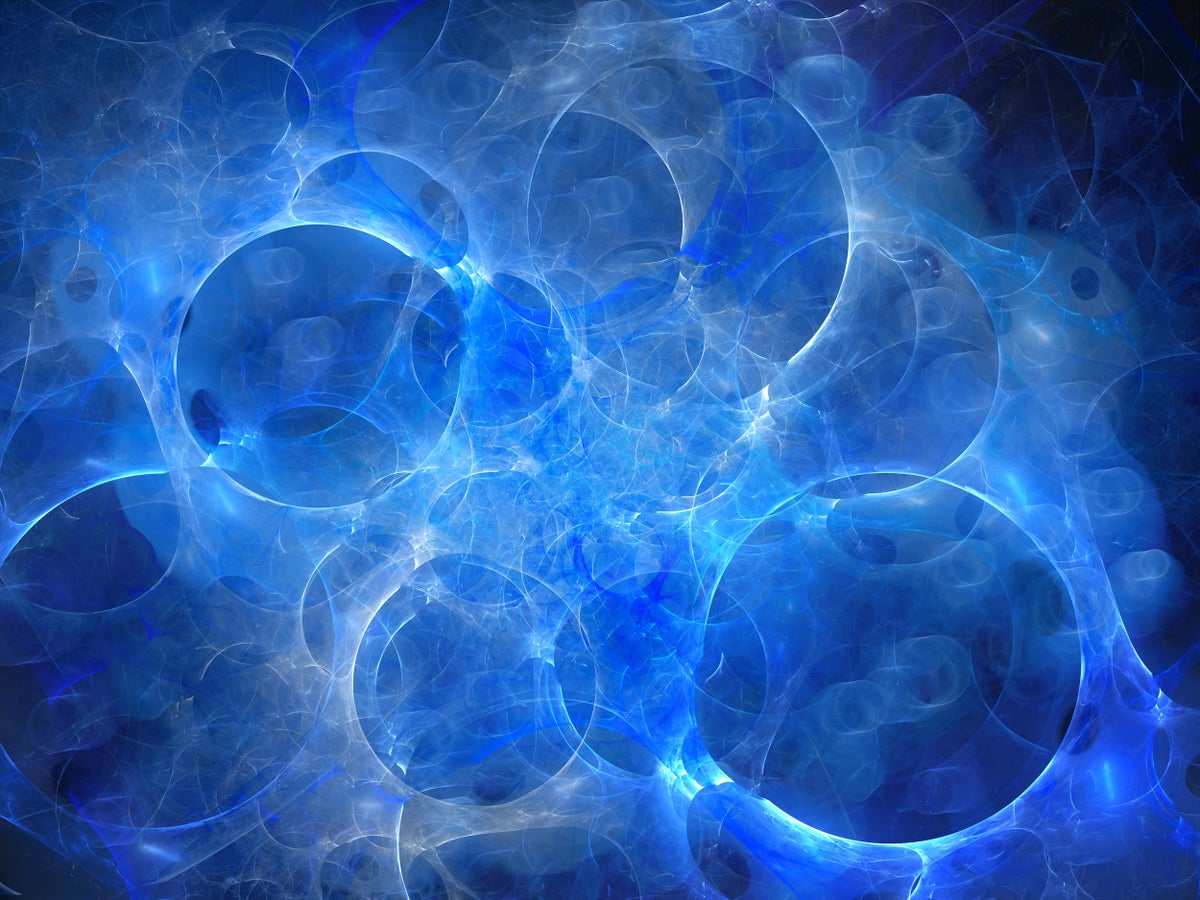ding
Confront reality
- Oct 25, 2016
- 119,796
- 21,219
You're jumping on a theory that isn't yet fact. And quite frankly, doesn't sound very plausible, because you'd need an invisible magician to make that happen like that. But hey, you enjoy living in a fantasy world, go for it.I'm not the one denying the science behind the big bang, taz. That would be you.It just goes over your head, you're too locked in to your anti-science religious dogma. I bet you're big into comic books as well.Gee, Taz tell us how the big bang happened.

Spontaneous creation of the Universe Ex Nihilo
Questions regarding the formation of the Universe and ‘what was there’ before it came to existence have been of great interest to mankind at all times…
 www.sciencedirect.com
www.sciencedirect.com

